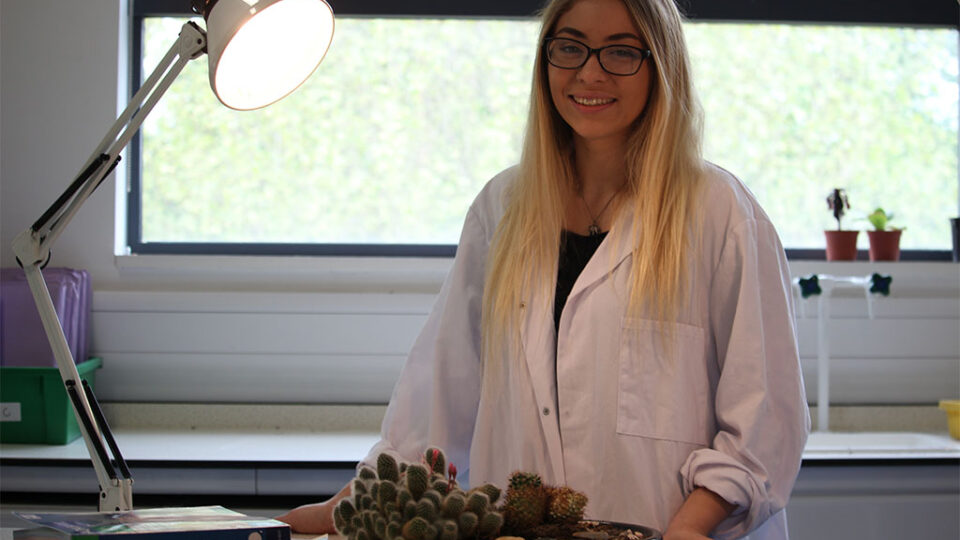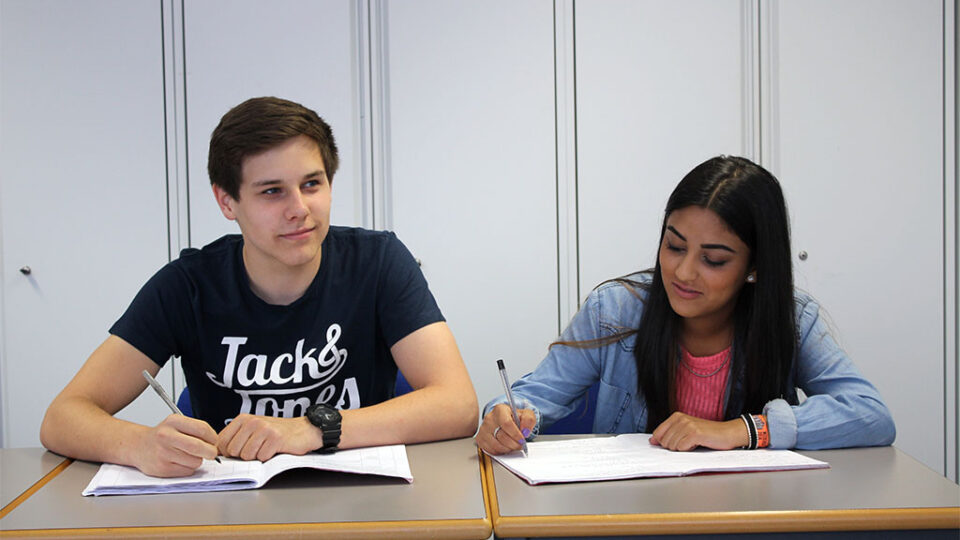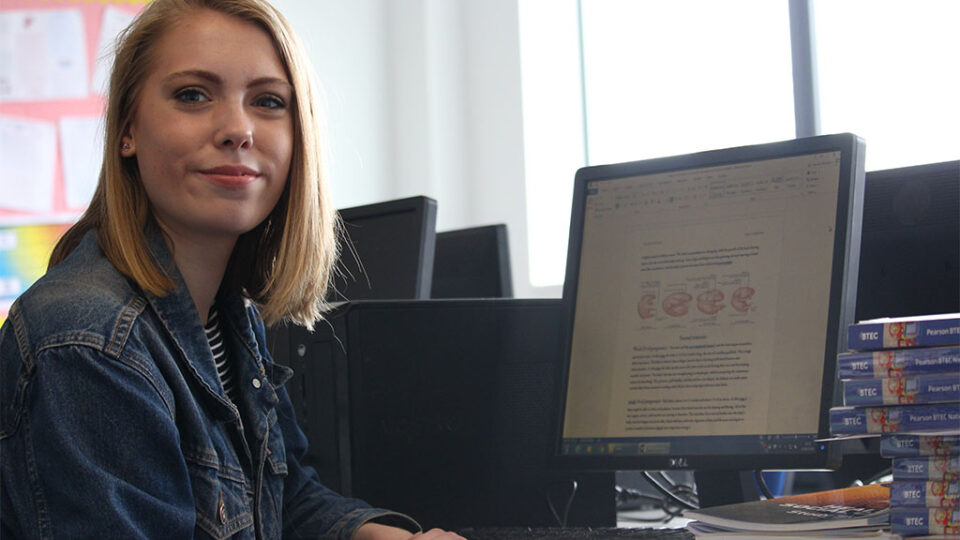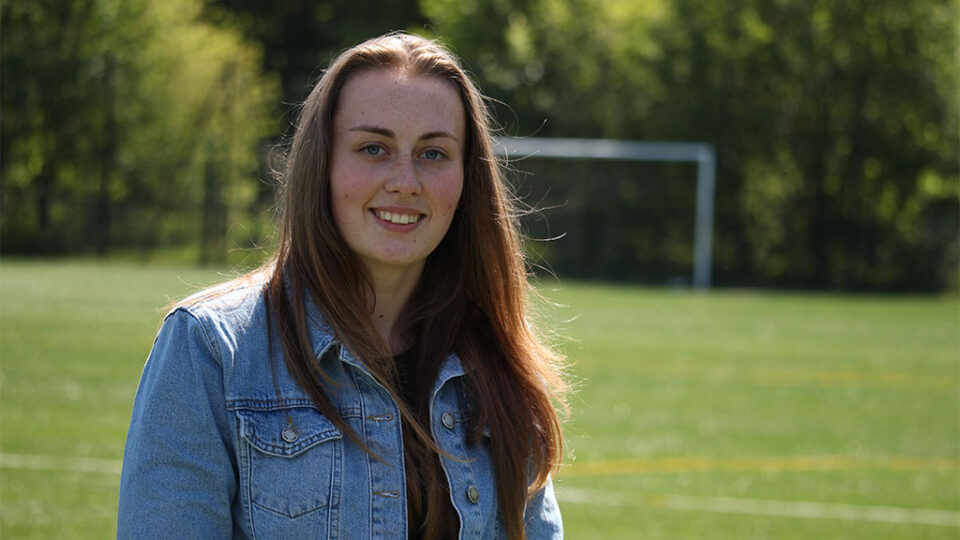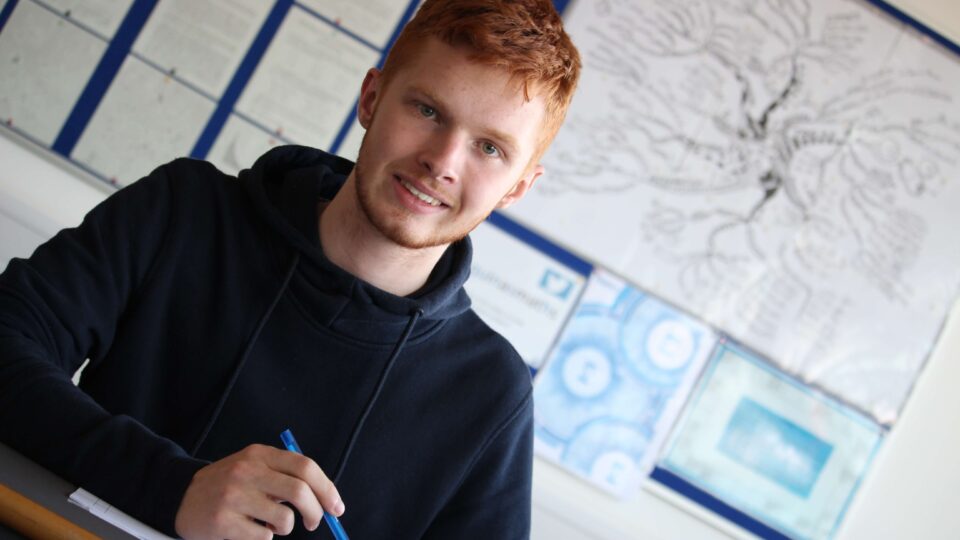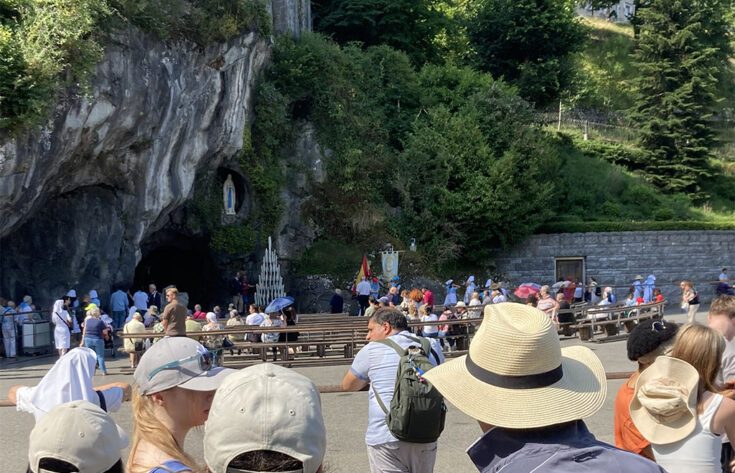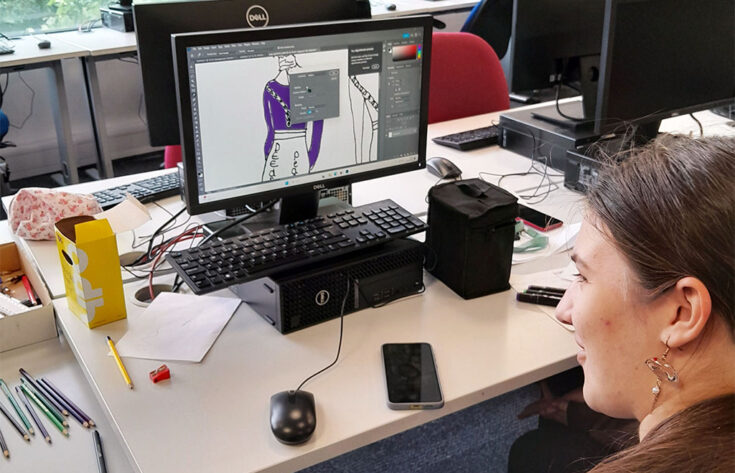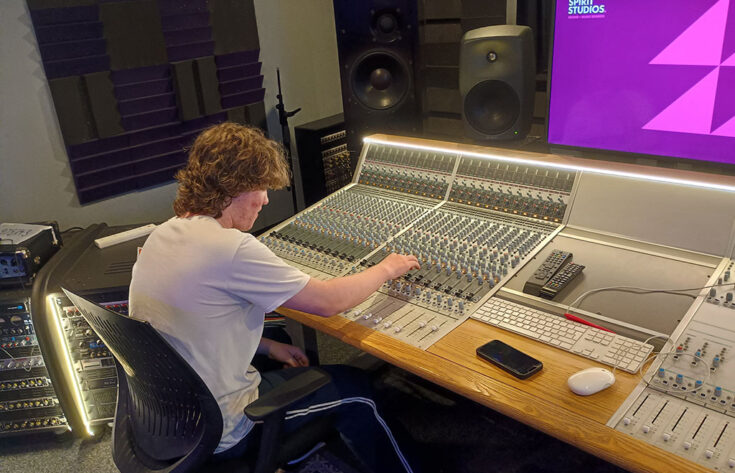Psychology
The Psychology course is an investigation into mind and behaviour. The course assumes no prior knowledge of the subject and will appeal to anyone who is interested in understanding and explaining human behaviour.
Students who like Science and Maths and have effective skills in English Language will be well suited to this course, which has a strong scientific element.
The course is now linear and all 3 papers are taken at the end of the 2 year course. The exams are all 2 hours long and there is no assessed coursework element in Psychology.
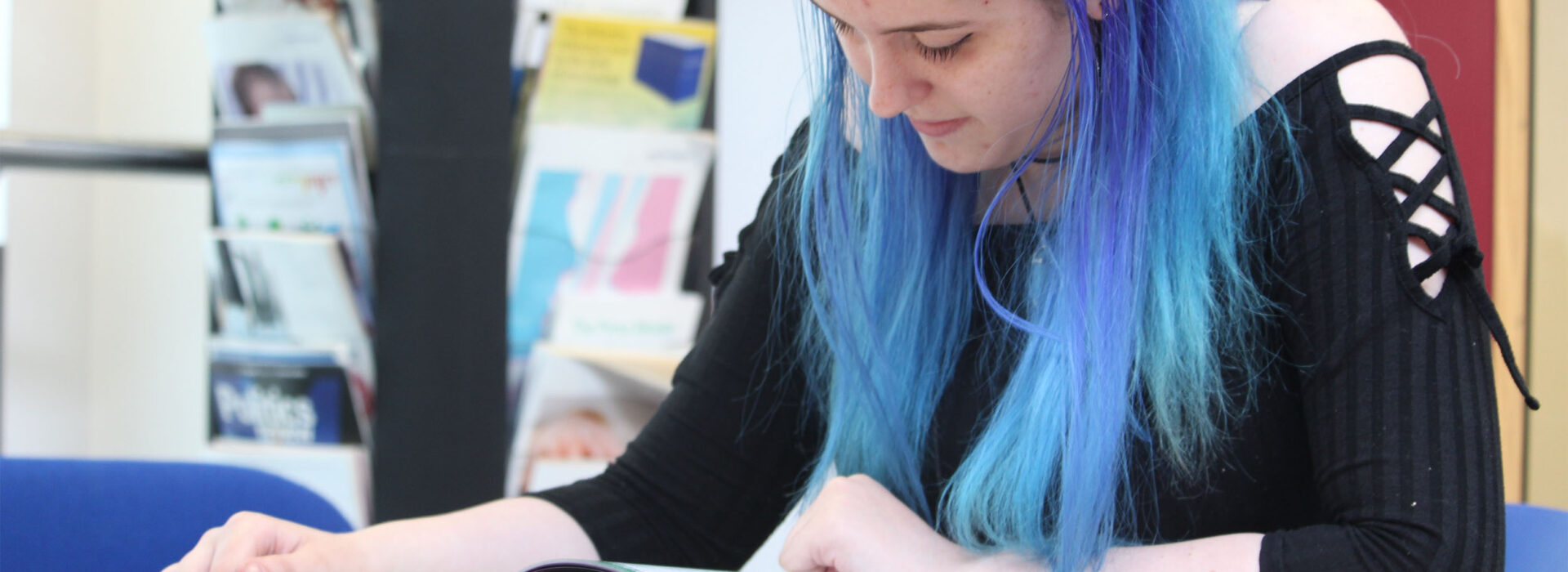
There are 3 themes running through the 2 year course which are: Approaches in Psychology, Research Methods and Issues and Debates in Psychology. Alongside this, Papers 1 and 2 cover the following topics: Memory, Attachment, Psychopathology, Social Psychology and Biopsychology. Paper 3 covers more applied topics including: Aggression, Cognition and Development and Schizophrenia.
Throughout the 2 years, the students carry out practical investigations using the following Research Methods; Experiments, Self-reports, Observations and Correlations. Data obtained is analysed using appropriate methods including bar graphs, summary tables and Inferential Statistics.
The study of Psychology at A level enables students to have a deeper understanding of behaviour and mental processes. This helps them to appreciate the many different influences that make us who we are, including both biological and environmental factors. Those that have studied psychology have found it useful when combined with other social science subjects and feel that it has contributed towards them having a more empathetic understanding of the human condition.
Psychology also complements a range of other subjects and is often studied alongside; Maths, Statistics, Art, Business, PE, and Biology. In fact, psychology can be studied alongside any subject of choice as there are so many links that can be made.
This subject can be studied singularly at university or combined with another subject. Applicants for apprenticeships will also find it useful as they will have a greater understanding of both their own behaviour and the behaviour of others. They will develop their communication skills and improve their understanding of human interaction.
Psychology is generally accepted as a science by most universities and is useful for a range of careers. Traditionally, students intending to pursue careers in social work, education, areas of law, local and national government, journalism, health, social research, youth work, business and any occupation that involves working closely with people from different social groups, will benefit from psychological study.
Enrichment activities include visits to student conferences, university open days and external speakers. Students may also have the opportunity to participate in university led research.


